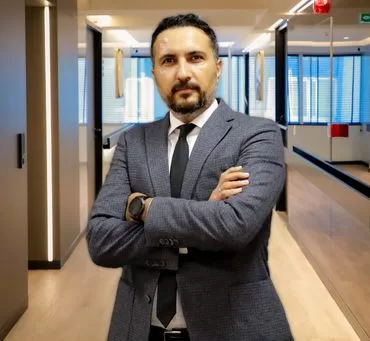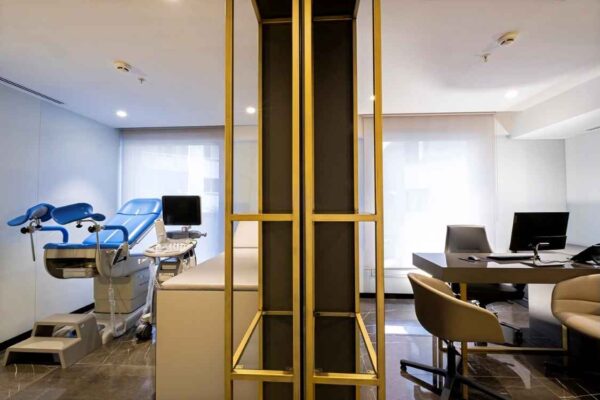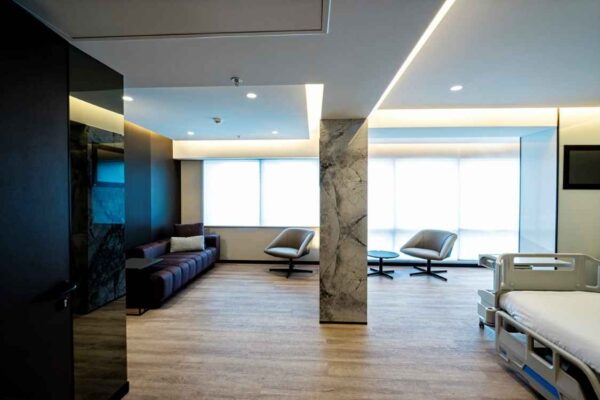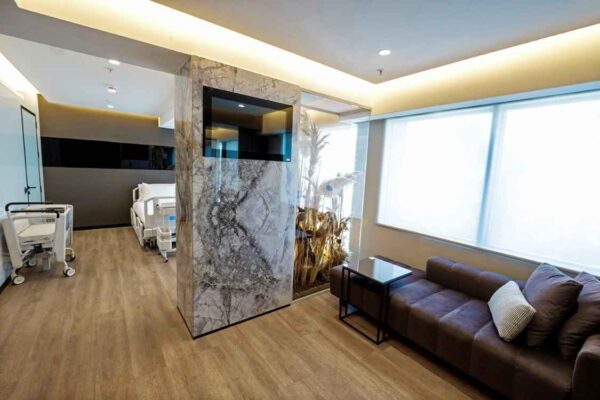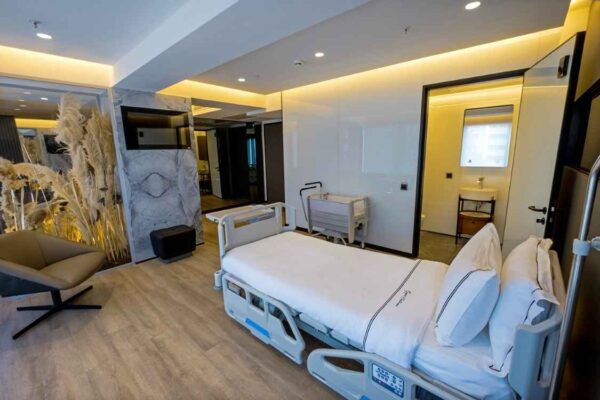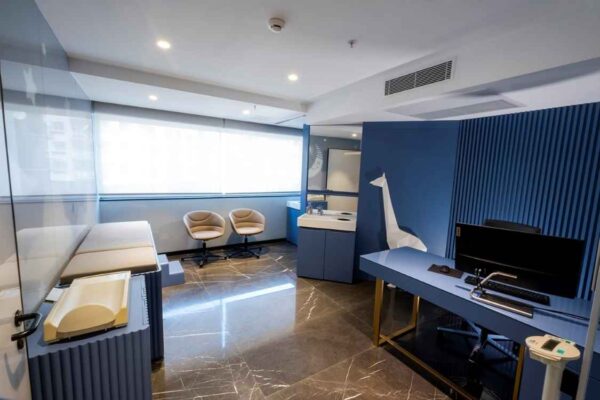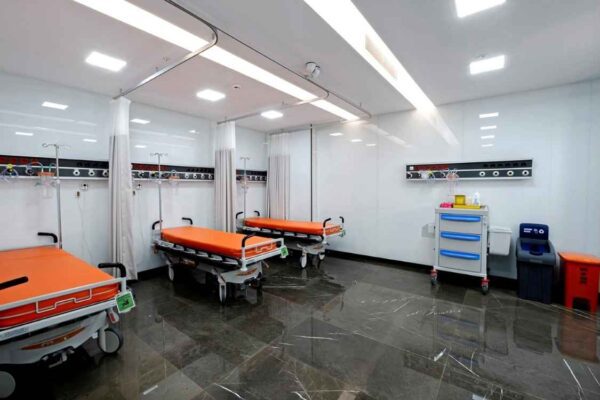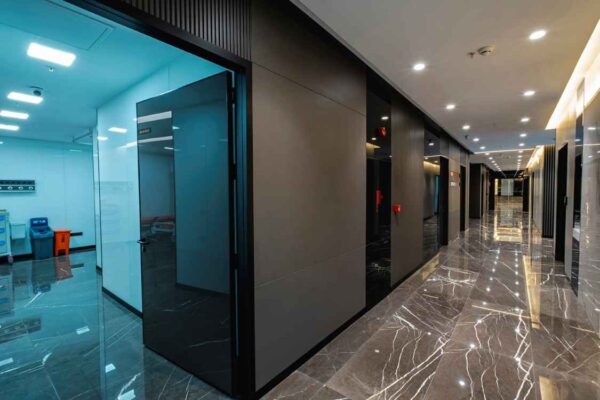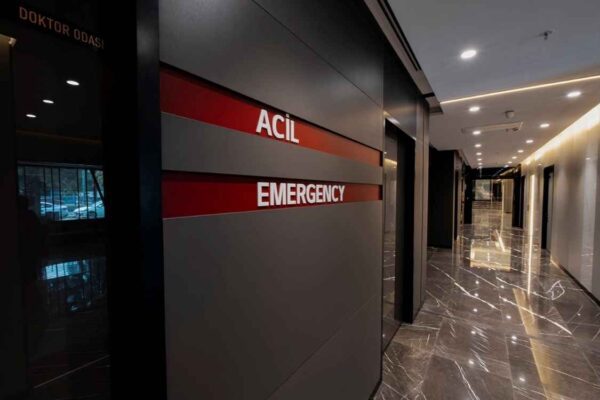There are three different nerves in the body, starting from the neck vertebrae and extending to the hand. Nerve compression is most common in the nerves located in the elbow region. Rarely, it is possible to say that compressions can be seen in the wrist region.
It is known that in case of compression of the ulnar nerve, pain and numbness can be seen in the wrist, elbow and fingers. It is also possible to say that nerve compression can be seen due to various reasons.
What is Nerve Compression Surgeries?
It is possible to say that nerve compression surgeries can be expressed as anterior transposition. In general, it is possible to say that nerve compression surgeries are performed together with relaxation surgeries.
By removing the nerve from the tunnel, it is carried to the anterior side of the medial epicondyle. Thus, it is desired to reduce the tension of the nerve. It can also be stated that different symptoms may occur in people with nerve compression. In case of suspicion, necessary tests should be performed and intervention should be made as soon as possible.
Healing Process After Nerve Compression Surgery
After the nerve compression surgery, it is usually possible for people to return to their daily lives in a short time. It is known that the success rate is lower in delayed surgeries. It is possible to say that the success rate of the surgery applied increases with early diagnosis and treatment.
It is also possible that the pain around the incision continues for several weeks after the nerve compression surgery. It is possible to say that the tingling and numbness in the hands will disappear over time. In severe cases, even if patients undergo nerve compression surgery, the symptoms may not completely disappear.
What Causes Nerve Compression?
Nerve compression can occur due to various reasons. When the elbow is bent, tension occurs in the ulnar nerves. If it lasts for a long time, tenderness and pain occur in the elbow area. When people wake up at night, numbness in their fingers is also among the causes of nerve compression.
In some patients, with the bend of the elbow, the nerve comes back through the tunnel. It can be said that this situation causes nerve damage over time. It can be said that the elbow fracture can be seen during the recovery period or the elbow trauma period. It can be expressed as the formation of swelling conditions in the elbow due to rheumatism and calcification and lying on the elbow for a long time.
How Is Nerve Compression Diagnosed?
It is possible to say that various methods are used to diagnose nerve compression. It is possible to say that the complaints will increase with the stretching of the hands and fingers. It can be stated that nerve compression in the inner part of the elbow or under the skin can cause pain and numbness, especially in the little fingers.
It is possible to say that nerve compression is also known as the complaint when the elbow is bent. It is also possible to diagnose with EMG, MR and X-ray methods. Diagnosis is made by detecting calcification and cracks in the bone by X-ray method.
Diagnosis can also be made by MRI, which gives information about the soft tissues in the elbow area. With EMG methods, it is possible to diagnose nerve compression by evaluating nerve conduction velocity and compression.
Nerve Compression Treatment Process
In the first stage of nerve compression surgery, it can be stated that non-surgical treatment methods will be preferred if the nerve compression does not cause muscle loss. In case of new symptoms of nerve compression, non-surgical drug treatments are first applied by the doctor.
It is also known that drug therapy can be used to reduce the swelling around the nerve and to relax the nerves. It is known that various exercises are performed to alleviate the symptoms seen.
After the application of nerve compression surgery, it can be said that the results are generally positive for the patient. It can be said that not delaying the treatment is very important for obtaining positive results.
FAQs
The payment plan options for nerve compression surgeries in Turkey may vary depending on the hospital or clinic. Generally, they accept payments through credit cards, bank transfers, and cash. It is advisable to consult with the specific medical facility to understand their payment policies and available options.
No, nerve compression surgeries do not typically come under insurance coverage. While insurance policies may cover certain medical procedures, nerve compression surgeries are often considered elective or non-essential and may not meet the criteria for insurance reimbursement. It is essential to check with your specific insurance provider for accurate coverage details.
Nerve compression surgeries may be cheaper in Turkey due to several factors. Turkey’s lower labor and operational costs, as well as a favorable exchange rate, contribute to more affordable healthcare services. Additionally, intense competition among hospitals and clinics in Turkey drives prices down, making it an attractive destination for medical tourism.
No, you cannot get finance specifically for nerve compression surgeries. However, there are various financing options available for medical procedures, such as personal loans, medical credit cards, or negotiating payment plans with healthcare providers. It is advisable to explore these alternatives to cover the cost of your surgery.
In Turkey, there is typically no strict age limit for nerve compression surgeries. The suitability for surgery is determined on a case-by-case basis, considering factors such as overall health, medical history, and the specific condition requiring treatment. It is best to consult with a qualified medical professional to assess individual circumstances.
The success rate of nerve compression surgeries is generally high, but like any surgical procedure, there are risks involved. Complications can occur in a small percentage of cases, including infection, bleeding, nerve damage, or persistent symptoms. However, the exact percentage varies depending on factors such as the specific condition, patient characteristics, and the surgeon’s expertise. It is best to consult with a medical professional for a personalized assessment of the risks involved in a specific case.
While nerve compression surgeries are generally safe and effective, there are potential complications and risks associated with any surgical procedure. These may include infection, bleeding, nerve damage, scar tissue formation, or persistent symptoms. It is important to discuss potential risks with your surgeon and follow post-operative instructions for the best outcomes.
Our Team
Our Hospital
Atilla, Halide Edip Adıvar St.
No:57, 35270 Konak/İzmir




